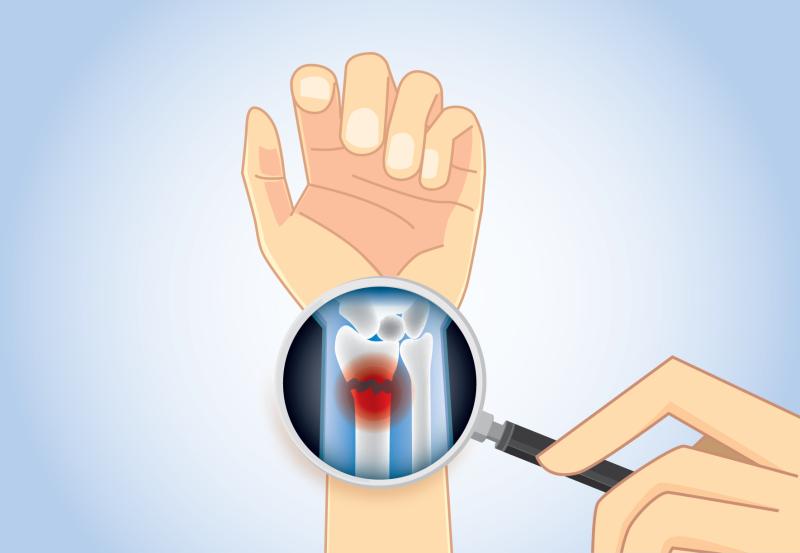
The incidence of both hypercalcaemia and hypocalcaemia in cancer patients with bone metastasis appears to be higher with denosumab as compared to zoledronic acid, a recent study has shown. Moreover, adequate supplementation with calcium helps lower the risk of hypocalcaemia.
A total of 271 cancer patients with 1,141 encounters were included. Hypocalcaemia incidence was higher in denosumab users compared to zoledronic acid users (5.5 percent vs 3.1 percent; odds ratio [OR], 0.55, 95 percent confidence interval [CI], 0.3–1.0; p=0.05). The denosumab group also had higher hypercalcaemia incidence (8.5 percent vs 3.1 percent; OR, 2.9, 95 percent CI, 1.68–5.03; p<0.0001).
The most common malignancy associated with hypocalcaemia was breast cancer (27.3 percent) followed by ovarian cancer (25 percent) and multiple myeloma (22.7 percent). Furthermore, patients receiving calcium supplementation had 16-percent lower risk of developing hypocalcaemia (risk ratio, 0.84, 95 percent CI, 0.55–1.20; p=0.39).
“Our results highlight the importance of taking preventative measures upon bone targeting agents initiation and during treatment including regular monitoring of calcium levels and providing supplements accordingly,” the authors said.
This observational retrospective cohort study reviewed patient electronic records, laboratory results and medication charts from 1 August 2015 to 31 July 2016. Included in the review were adult cancer patients who were diagnosed with bone metastasis secondary to a solid tumour or multiple myeloma and who received either denosumab or zoledronic acid.
Other indications for bone targeting agents were not included. The authors then collected, evaluated and analysed data of bone targeting agents administration encounters.